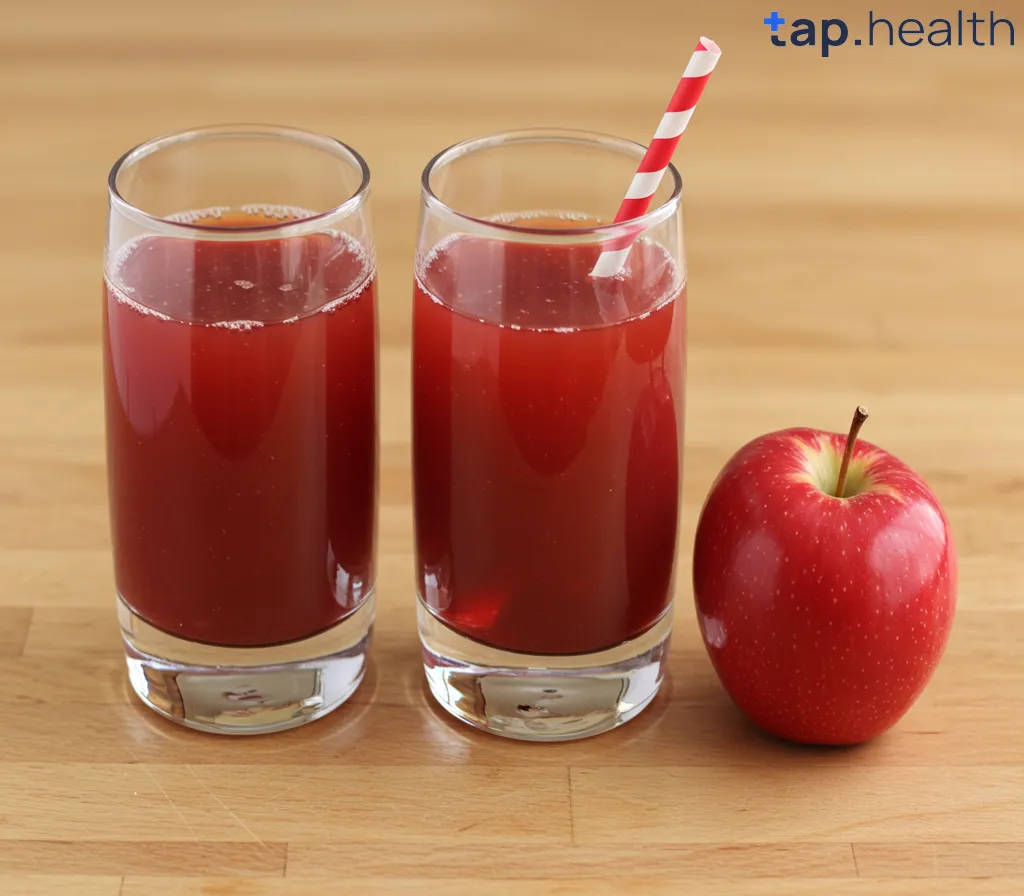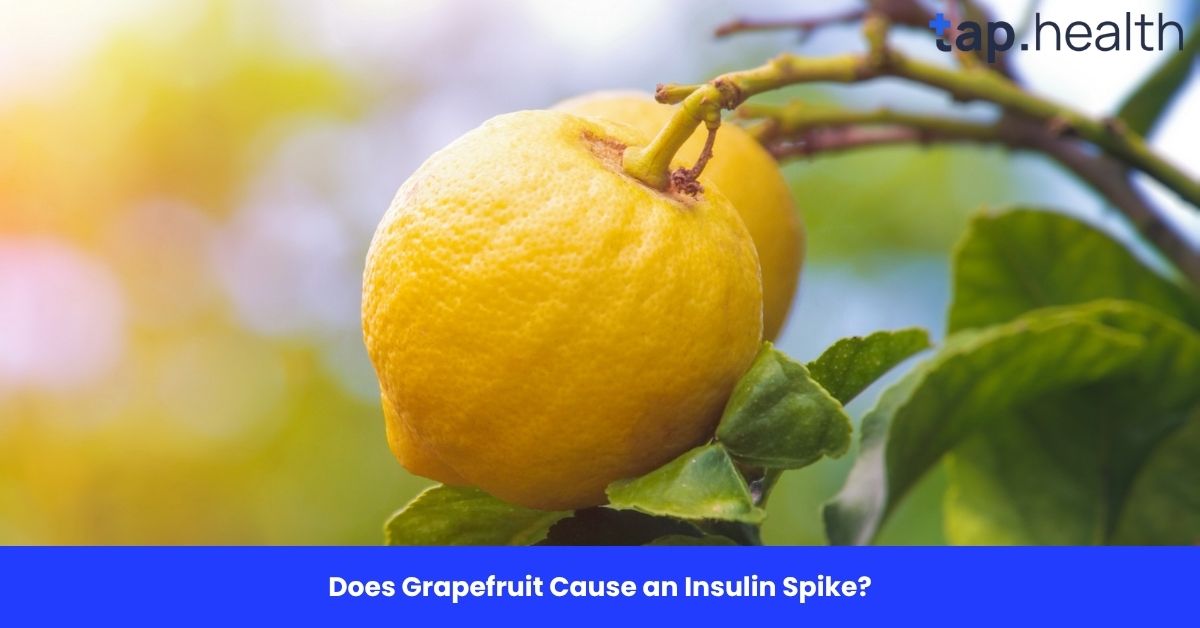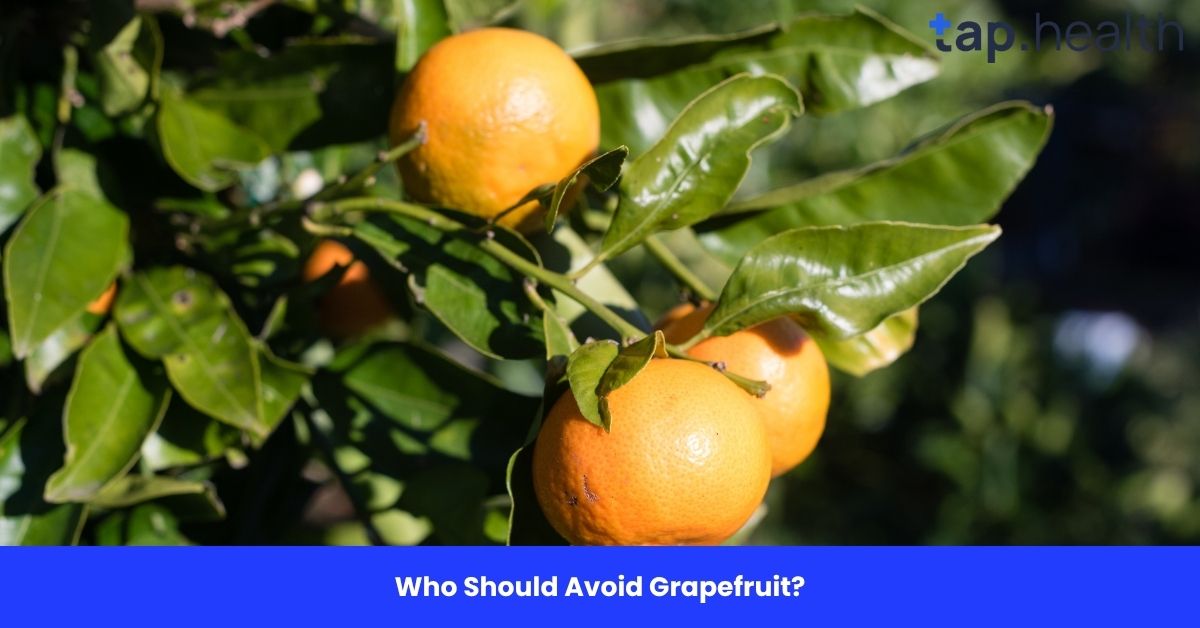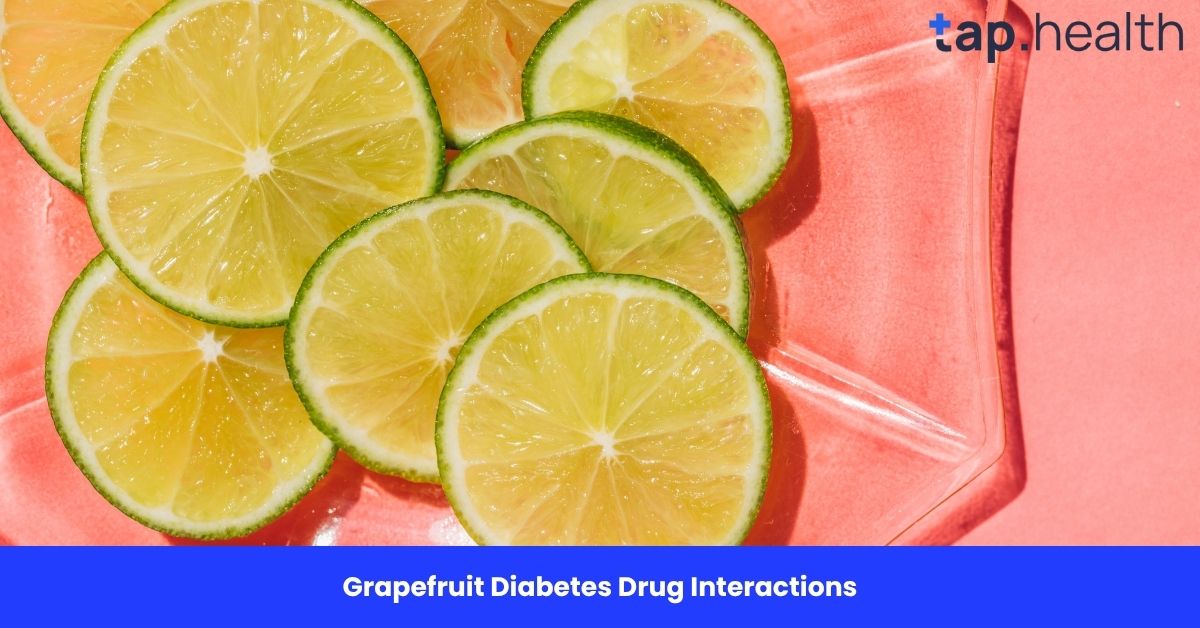Donating blood is a noble act that helps save lives. However, after the donation, your body needs to replenish the nutrients and fluids that were lost during the process. One of the best ways to speed up recovery is through hydration and proper nutrition. But, not all drinks are created equal when it comes to replenishing the body post-donation.
Juice, with its rich nutrients and hydration properties, can be one of the best choices after giving blood. But which juice is ideal for recovery? In this article, we’ll explore the best juices to drink after blood donation, the nutrients your body needs, and other tips to ensure a smooth recovery.
Why Is Hydration Important After Blood Donation?
When you donate blood, you lose about 500 milliliters (1 pint) of blood, which contains vital fluids, electrolytes, and nutrients. It’s important to replenish these fluids to avoid dehydration and help your body recover quickly.
Hydration plays a key role in restoring your blood volume and supporting the function of your organs. Additionally, drinking the right liquids helps to prevent dizziness and fatigue, which are common side effects of blood donation.
The Role of Electrolytes and Nutrients
In addition to fluid replacement, your body needs specific electrolytes like potassium, sodium, and magnesium, which help to balance fluid levels and maintain normal muscle and nerve function. Certain juices are rich in these electrolytes and can promote faster recovery after blood donation.
Which Juices Are Good After Blood Donation?
Now, let’s take a look at the best juices that help with rehydration, nutrient replenishment, and overall recovery after blood donation.
1. Orange Juice
Why It’s Good: Orange juice is a great choice after blood donation because it’s rich in vitamin C and potassium, both of which are vital for recovery.
- Vitamin C helps with iron absorption, which is crucial for replenishing the iron lost during blood donation.
- Potassium supports fluid balance and prevents dehydration.
- Natural sugars in orange juice can also give you an energy boost if you’re feeling a little weak.
Drinking a glass of fresh orange juice after donating blood is an excellent way to restore nutrients and provide your body with an instant energy boost.
2. Pomegranate Juice
Why It’s Good: Pomegranate juice is packed with iron, which is essential for producing red blood cells and restoring the hemoglobin levels after blood donation.
- Pomegranate juice also contains antioxidants, which help reduce inflammation and speed up the recovery process.
- It’s high in vitamin C, which improves iron absorption, helping to restore iron levels more efficiently.
If you’re looking for a juice to help your body recover from the iron loss, pomegranate juice is a powerful option.
3. Beetroot Juice
Why It’s Good: Beetroot juice is often recommended after blood donation because it is high in iron and folate.
- Iron is needed to make hemoglobin, the protein in red blood cells that carries oxygen throughout the body.
- Folate supports red blood cell production, which is essential after blood loss.
- Nitrates in beetroot juice also help improve blood flow, which aids in faster recovery.
Consuming beetroot juice after blood donation helps ensure that your body has the necessary nutrients to rebuild your red blood cells and boost energy levels.
4. Apple Juice
Why It’s Good: Apple juice is a gentle and hydrating option after blood donation, providing vitamin C and potassium.
- Vitamin C in apple juice helps with the absorption of iron, which is important for boosting your hemoglobin levels.
- Potassium helps to maintain fluid balance in the body and prevents dehydration.
- Apple juice is light and easy to digest, making it a good option if you’re feeling a little sensitive after donating blood.
5. Carrot Juice
Why It’s Good: Carrot juice is rich in vitamin A, which supports immune health and cell regeneration.
- Vitamin A plays a crucial role in keeping your immune system strong and supporting the regeneration of cells, including blood cells.
- Carrot juice is also a good source of antioxidants, which reduce oxidative stress and help your body heal.
Drinking carrot juice can help your body recover faster by supporting the immune system and speeding up the regeneration of blood cells.
6. Coconut Water
Why It’s Good: While not a juice, coconut water is an excellent hydrating drink after blood donation because it’s packed with electrolytes like potassium, magnesium, and sodium.
- Coconut water is a natural isotonic drink, meaning it can quickly replenish lost fluids and electrolytes after blood donation.
- The low sugar content of coconut water makes it a great option for those who want to avoid excessive sugar intake.
Drinking coconut water will help you stay hydrated and restore your electrolyte balance after donating blood.
What Should You Avoid Drinking After Blood Donation?
While some juices are great for replenishing your body, others can actually slow down your recovery process or cause discomfort. After donating blood, it’s best to avoid:
1. Caffeinated Beverages
Caffeine, found in coffee, tea, and sodas, can dehydrate the body. After blood donation, it’s important to rehydrate, so it’s best to avoid caffeine for a few hours.
2. Sugary Drinks
Sugary sodas or artificially sweetened juices may give you a quick energy boost, but they lack the nutrients your body needs for recovery. These drinks can also cause a blood sugar spike followed by a crash, leaving you feeling weak and sluggish.
3. Alcohol
Alcohol is a diuretic, which means it can lead to further dehydration. It’s best to avoid alcohol after donating blood to help your body stay hydrated and recover efficiently.
How Much Juice Should You Drink After Blood Donation?
Drinking a 8-12 oz (240-355 ml) glass of juice after donating blood can help replenish lost nutrients and fluids. Make sure to also drink plenty of water throughout the day to stay properly hydrated.
While juices like orange juice, pomegranate juice, and beetroot juice are beneficial, they should be consumed in moderation. Drinking too much juice, especially those high in sugar, can lead to an energy crash later on.
Tips for Faster Recovery After Blood Donation
1. Eat a Balanced Meal
Along with drinking juice, it’s important to eat a balanced meal that includes iron-rich foods such as lean meat, spinach, beans, and whole grains. This will help restore your iron levels, especially after donating blood.
2. Stay Hydrated
Continue drinking plenty of water throughout the day, as hydration is crucial for your recovery. You can also incorporate herbal teas or homemade smoothies to keep your fluid intake up.
3. Rest and Avoid Strenuous Activity
After donating blood, give your body time to rest and recover. Avoid engaging in strenuous physical activities, as this can make you feel light-headed or dizzy.
FAQs About Juices After Blood Donation
1. What juice is best to drink after giving blood?
Juices rich in vitamin C, iron, and electrolytes are the best options after donating blood. Orange juice, pomegranate juice, and beetroot juice are great choices for boosting recovery.
2. Can I drink any juice after blood donation?
While most juices are hydrating, it’s best to avoid sugary or caffeinated drinks after donating blood. Opt for natural juices that are high in nutrients like iron and potassium.
3. How soon should I drink juice after blood donation?
You can drink juice immediately after donation to help replenish your body. It’s ideal to have a glass of juice within the first hour to help with recovery.
4. Should I drink coconut water after blood donation?
Yes, coconut water is a great drink after donating blood. It helps replenish lost electrolytes and fluids, making it an excellent option for hydration.
5. How much juice should I drink after donating blood?
A glass (8-12 oz) of juice is sufficient to start the replenishment process. Ensure you’re also drinking plenty of water and eating iron-rich foods throughout the day.
Conclusion: Replenish and Recover with the Right Juices
After donating blood, it’s important to focus on rehydrating and replenishing the nutrients your body has lost. Juices like orange juice, pomegranate juice, and beetroot juice provide the essential vitamins, minerals, and hydration your body needs to recover quickly.
Remember, while drinking juice is helpful, it’s also essential to maintain a well-balanced diet, drink plenty of water, and rest after your donation. By following these steps, you’ll ensure a faster and smoother recovery.



